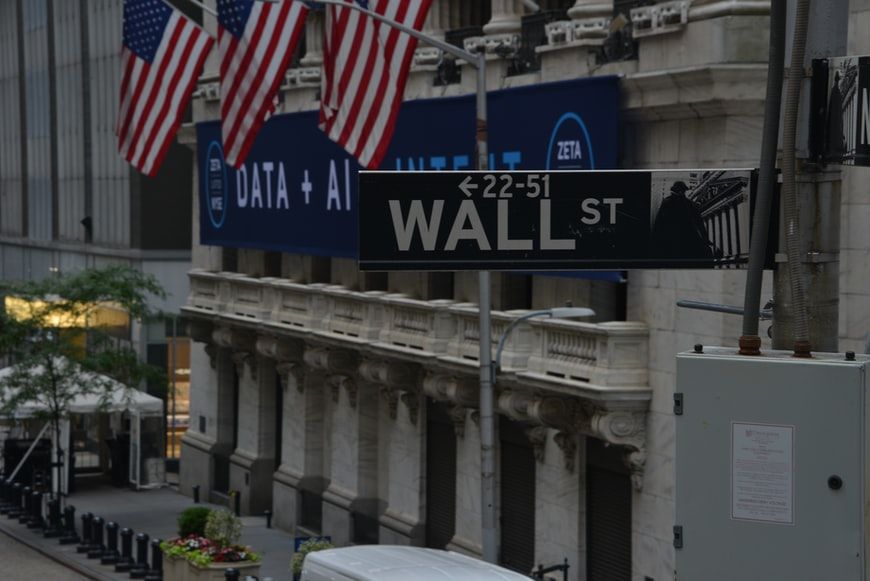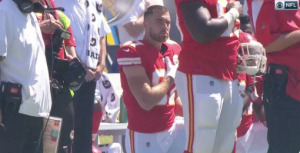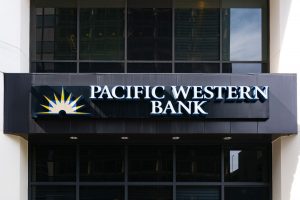In the morning trade session, investors continued to struggle to project how well the economy will tackle the current rise in inflation along with the Federal Reserve’s higher interest rates, which kept the stocks disturbed.
The S&P 500 dropped 0.1% as of 10.22 am Eastern. The Dow Jones Industrial Average rose 19 points or 0.3% to 35,210 and the Nasdaq was 0.1% down.
Also Read | Women’s prison in US fostered culture of abuse, investigation reveals
Smaller company stocks went up in a potential sign that investors are optimistic about economic growth. The Russell 200 grew 0.6%.
The Bond yields on the 10-year Treasury note surged to 1.96%, its highest mark since the beginning of the pandemic. The yield was used to determine interest rates on mortgage and other loans traded at 1.91% late Monday.
Also Read | Joe Biden administration to provide crack pipes to drug users for ‘racial equity’: report
The Banks which earn from high-interest rates and rising bond yields, made solid profits such Bank of America rose 2.2%. Raw materials firms, steel manufactures and paper manufacturers also gained ground.
Tech firms plunged and affected gains elsewhere in the market. Chipmaker Nvidia was 1.9% down after its announcement of terminating its plan to buy a chip designer branch from Softbank.
Also Read | Peloton CEO John Foley steps down as company cuts 3,000 jobs
Oil prices dropped 2.1% and weighed down energy stocks. Chevron slipped 1.6%.
Peloton jumped 15.2% after announcing the resignation of its co-founder as CEO and big job cuts.
Corporate earnings received mixed reactions from the investors. Pfizer plunged 5.9% after reporting a disappointing profit and revenue forecast.
Also Read | Eileen Gu happy Peng Shuai is healthy, but dodges questions on nationality
Harley-Davidson stocks climbed 12.6% after posting surprising profits in the fourth quarter.
Investors have been concerned about rising inflation and Fed’s plan to raise interest rates.
Also Read | Peter Thiel leaving board of Facebook parent Meta
Any increase in rates would lead to an abrupt turnaround from much of the last two years when ultra-low rates helped prices surge for everything from stocks to cryptocurrencies. Economists expect a 7.3% rise in inflation in January, the highest level in four decades. It raises concerns over how often the Fed moves to raise rates this year.







